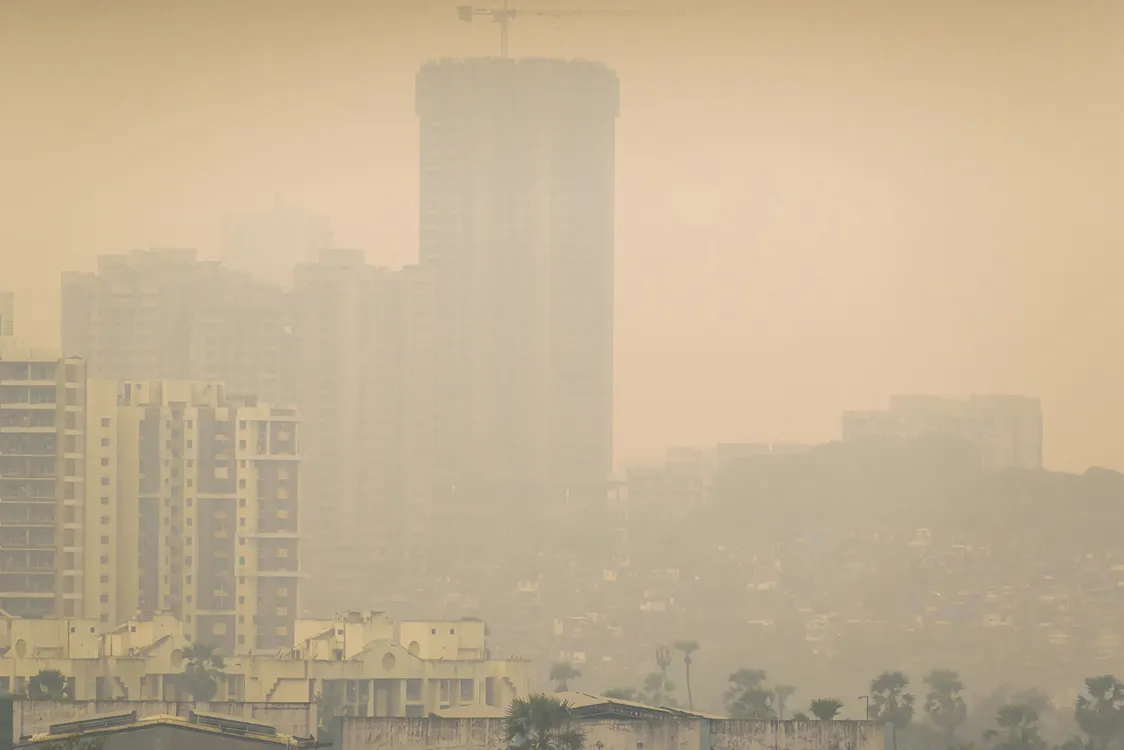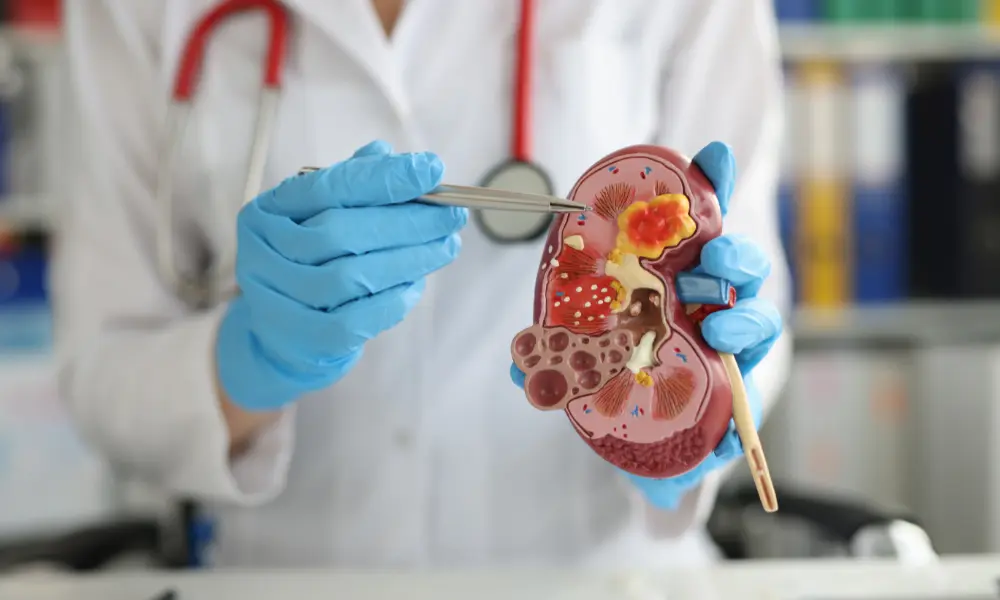On Tuesday morning, Delhi’s overall Air Quality Index (AQI) was 385, indicating that the city’s air quality was still “very poor.”
In New Delhi: According to an expert, nearly eight out of ten hospitalized children have a respiratory problem due to the poor air quality in the national capital and NCR region.
The AQI was recorded at 385 on Tuesday morning, indicating that the air quality is still in the inferior category.
Dr. Anamika Dubey, a senior consultant in paediatrics at Rainbow Children’s Hospital, claims that “During this time of year, a lot of kids visit the OPD. I would estimate that 8 out of 10 of these patients have respiratory problems, a cough that gets worse at night, and a cold. In addition, young children find it difficult to communicate their problems because they lack the verbal skills necessary to do so.”
According to R. Dubey, pollution causes an increase in the number of poisonous gases and particulate matter that can affect a baby or child’s developing lungs.
“Smaller kids typically start out with flu-like symptoms, including a cold cough. And in some patients, it worsens to the point where they appear to be having breathing problems. They must be admitted and given medications and nebulizers, in order for them to breathe properly. These are all harmful gases that can affect a child’s ability to breathe and the health of their lungs “She said. She also advised cautionary measures like frequently washing hands and wearing masks.
“It can be very challenging to instruct kids to use a mask every day and to keep their distance from a sick child. Children who don’t attend school cannot be said to attend school because they would spend most of their time at home otherwise.”
According to Dr. Dubey, the only way to keep a child safe is to wash their hands with clean water consistently.
They do have more problems compared to others, Dr. Dubey added. “During air pollution, the problem increases for those children who are asthmatic or have bronchitis. The problem often increases for the child who has always been more allergic and has a tendency to precipitate more severe bronchitis.
According to her, mild patients receive care at home, while moderate to severe patients receive care in hospitals.
“We divide the patients into mild, moderate, and severe categories. Mild patients are therefore treated at home, while moderate to severe patients are treated in hospitals, and then medications are administered. They receive no antibiotics from us. However, we gave them nebulizers, antihistamines, etc “She described how each category of children was treated.
On Tuesday morning, the city’s overall Air Quality Index (AQI) was 385, indicating that Delhi’s air quality was still considered “very poor.”
According to SAFAR (System of Air Quality and Weather Forecasting And Research) India data, Noida, a city in the national capital region, had an AQI of 444 and moved from the “very poor” to the “severe” category, while Gurugram’s AQI was 391 and remained in the “very poor” category.
When the Air Quality Index is between 0 and 100, it is good; when it is between 100 and 200, it is moderate; when it is between 200 and 300, it is poor; when it is between 300 and 400, it is inferior; and when it is between 400 and 500 or higher, it is severe.
Satellite cities of Delhi’s air quality did not improve from the day before. From Wednesday, November 2, Gurgaon is expected to move into the “severe” category. It’s also anticipated that Noida’s air quality will worsen.
Delhi also performed poorly. The highest AQI was recorded in Narela, North West Delhi, at 571. Almost all of the stations in North Delhi currently have an AQI above 400, making it the area with the worst air quality. Except for a few, such as Mandir Marg in central Delhi, most stations in the city have an AQI of more than 300.
SAFAR data show that Dhirpur in Model Town had an AQI of 494. With an AQI of 332, the air quality in the IGI Airport (T3) area was also considered “very poor” on Tuesday.
Delhi’s AQI rating on Saturday moved into the “severe” category. Authorities in Delhi stopped all construction and demolition until further orders because air pollution in the nation’s capital was worsening.





